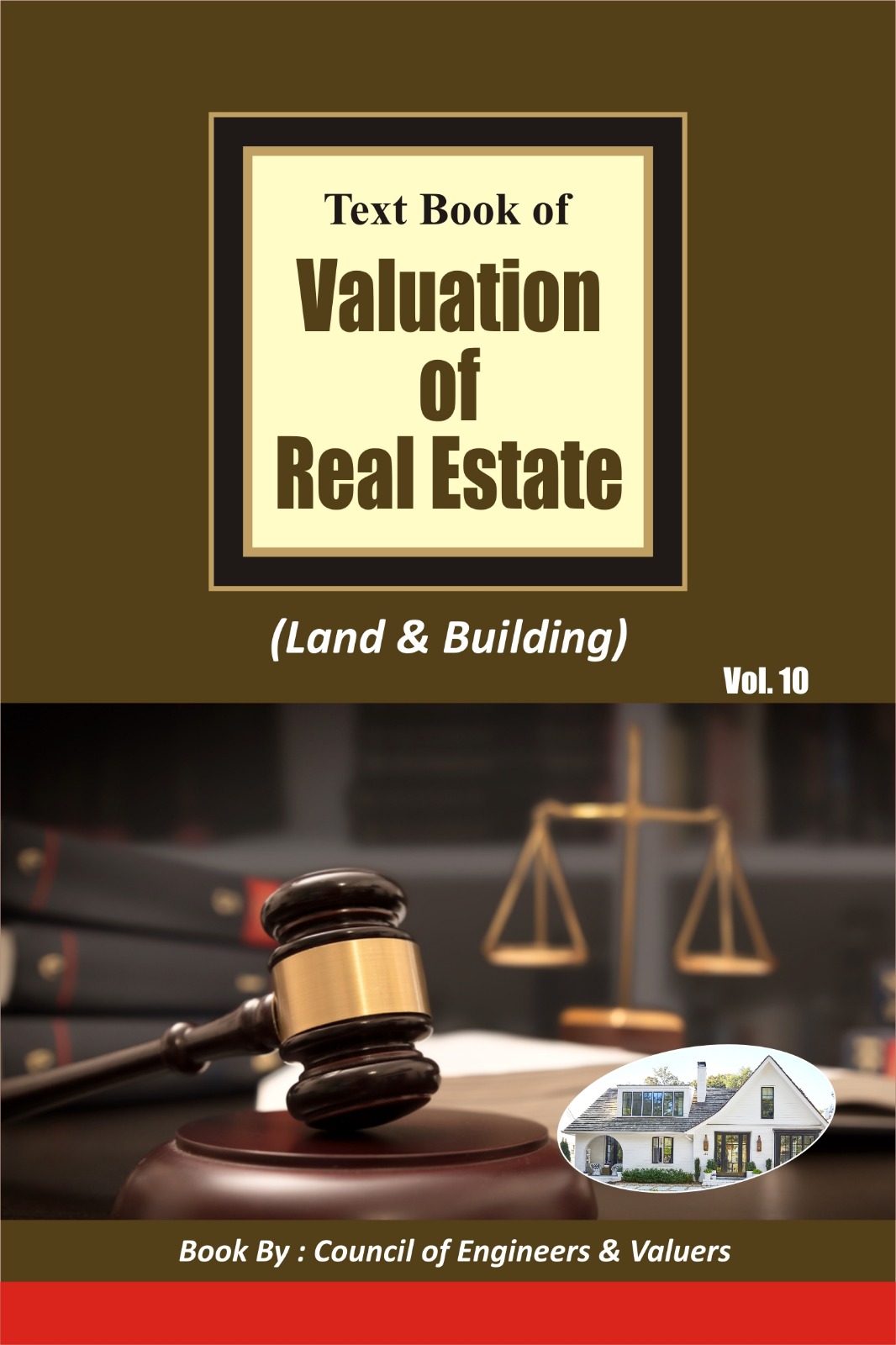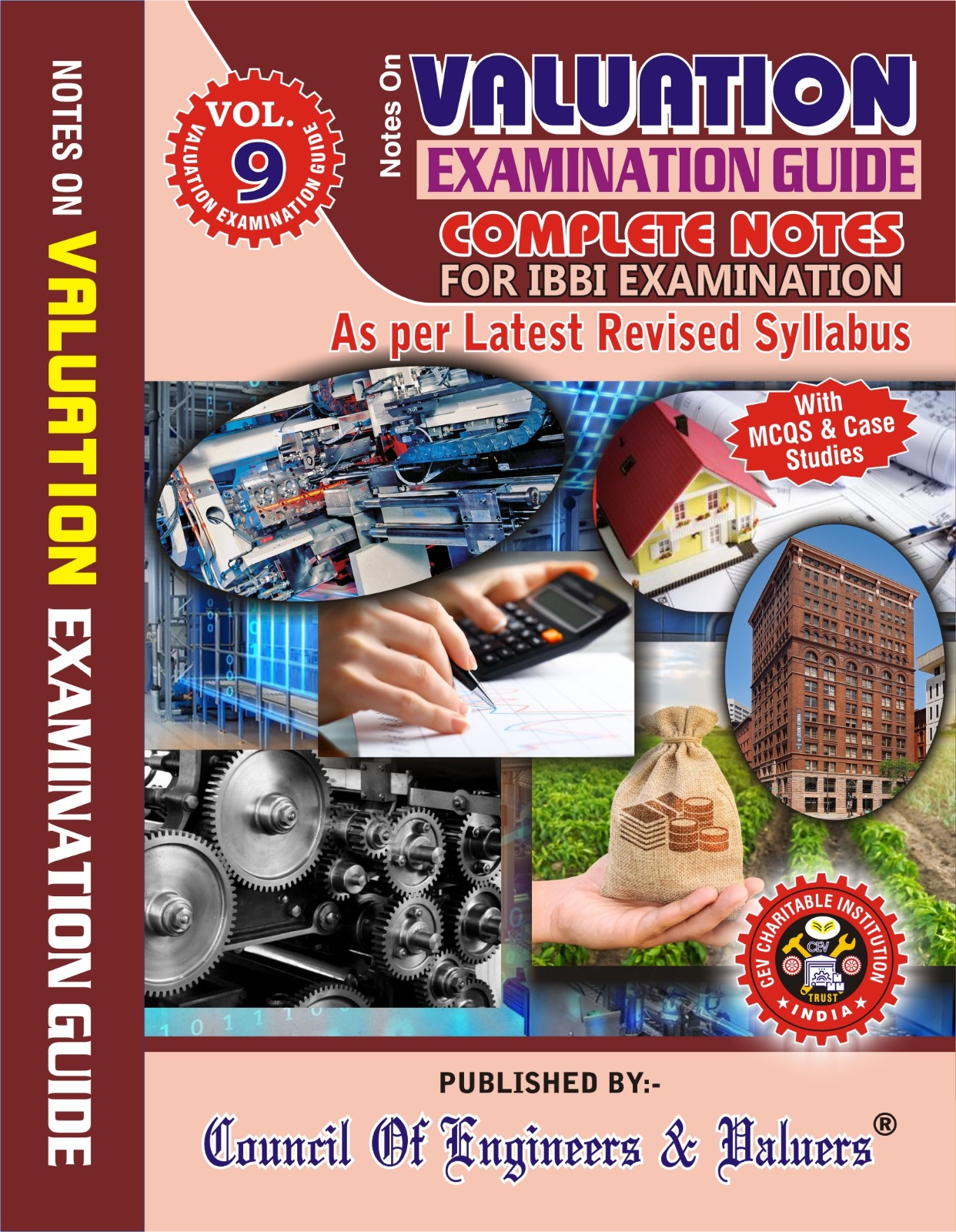REGISTERED VALUERS SHALL EXPLAIN THEIR VALUATION METHODOLOGY TO THE COMMITTEE MEMBERS BEFORE ESTIMATING THE VALUES
NEW DELHI-16/02/2024, (TECHNO REPORTER): INSOLVENCY AND BANKRUPTCY BOARD OF INDIA vide NOTIFICATION No. IBBI/2023-24/GN/REG113 issued at New Delhi, the 15th February 2024 by the Insolvency and Bankruptcy Board of India (Insolvency Resolution Process for Corporate Persons) (Amendment) Regulations, 2024 which says in exercise of the powers conferred by clause (t) of sub-section (1) of section 196 read with section 240 of the Insolvency and Bankruptcy Code, 2016 (31 of 2016), the Insolvency and Bankruptcy Board of India has made the regulations to further amend the Insolvency and Bankruptcy Board of India (Insolvency Resolution Process for Corporate Persons) Regulations, 2016, namely:- The details of the notification are available on the IBBI official website https://ibbi.gov.in/
WHAT’S NEW FOR VALUERS:- In regulation 35, sub-regulation (1) after clause (a) a provision is added, which requires the resolution professional to organize a meeting where registered valuers shall explain their valuation methodology to the committee members before estimating the values.
In the principal regulations, in regulation 35, in sub-regulation (1), after clause (a), the following proviso shall be inserted, namely: – “Provided that the resolution professional shall facilitate a meeting wherein registered valuers shall explain the methodology being adopted to arrive at a valuation to the committee members before computation of estimates.”
In the contemporary landscape of valuation practices, registered valuers are now required to provide comprehensive explanations of their valuation methodologies before determining the values of assets. This shift reflects a commitment to transparency, accountability, and professional integrity within the valuation industry. By elucidating their methodologies, valuers not only enhance the credibility of their assessments but also empower stakeholders to make informed decisions based on a clear understanding of the valuation process. This proactive approach fosters trust between valuers and clients, promotes consistency in valuation standards, and ultimately contributes to the overall reliability of financial and real estate transactions. The emphasis on methodological transparency underscores the commitment to ethical valuation practices, aligning the profession with the evolving demands of a dynamic and responsible financial environment.
In the evolving landscape of valuation practices, the imperative for registered valuers to elucidate their valuation methodology before estimating values marks a pivotal shift toward transparency and accountability. This proactive disclosure ensures that stakeholders, be they clients, investors, or regulatory bodies, are endowed with a comprehensive understanding of the intricate processes and factors influencing the valuation outcomes. By mandating valuers to articulate their methodologies, the industry not only fortifies the integrity of valuation practices but also fosters greater confidence in the reliability and accuracy of the assessed values. This enhanced transparency not only serves as a safeguard against potential conflicts of interest but also promotes a more informed decision-making process for all parties involved. As a result, this conscientious approach contributes to the overall trustworthiness and credibility of registered valuers, underlining their commitment to professional standards and ethical conduct in the realm of valuation.

WHAT EXPERTS SAYS:- The estimates of the value of assets in a valuation report are based on the professional opinion of the valuer and therefore are subjective. The valuer has the liberty to exercise his professional judgment to choose any appropriate method for the valuation of assets, by any internationally accepted valuation standards. However, the valuer has a parallel duty to disclose in his valuation methodology, all the available material information, including valuation standards adopted by him to prepare the valuation report, the present conditions of the assets being valued, the assumptions made by the valuer for such assets to make any conclusion, the basis of discounting taken for the assets, etc. Such disclosures are necessary for the sake of transparency of the valuation report. A transparent valuation report not only holds the valuer accountable for his work but also enhances the stakeholders’ trust in the valuation report.




